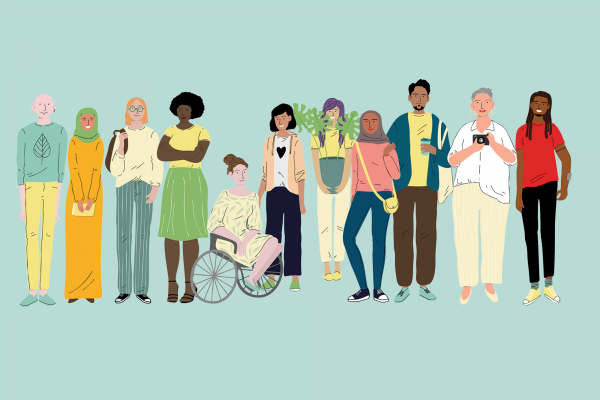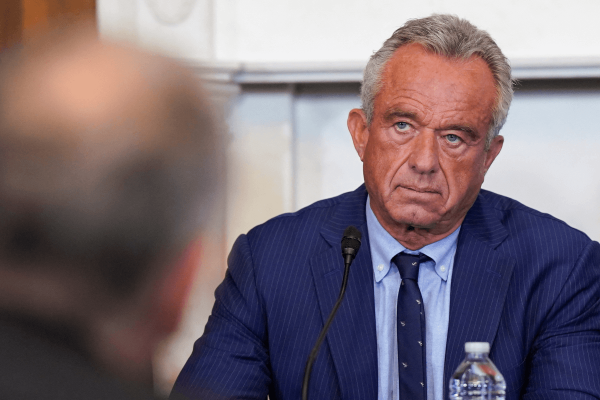WHEN I WAS 17, I attended a New York City business school with aspirations of becoming a rich accountant. I had it all planned out: I envisioned a corner office on Wall Street, towering high over the city with views of the Brooklyn Bridge. Each morning I was going to power-walk amid the Wall Street crowd. I never really knew what business people did for a living. My knowledge of Wall Street was limited to what I gleaned from movies and a story my father told me about my cousin the insurance broker, who “made good” for a while, but it didn’t work out for him, so he moved to Florida.
About three semesters in, I uncovered that I wasn’t wired for accounting, nor did I have the social networks that could reinforce such an endeavor. No one told me that accounting would be mostly about accounting for money that didn’t belong to me.
I had inherited a dream with little substance. I was infatuated with a vision that was like an elaborate Hollywood set. While my dream process was somewhat typical of teenage development, it nevertheless demonstrates how imaginations can be shaped by the far-reaching stories we receive. And our identities can become shaped by our service to capitalist aspirations.
In our culture today, young people are often not so enamored with capitalist aspirations — especially when college dreams can lead to exorbitant debt and disappointment. My conversation with Eric, a teenager in Wagner Houses in East Harlem, showed me just how cynical he’s become, how he finds it hard to see beyond the current day and the dollar in his pocket. His dream, like those of many, translates into leaving the neighborhood someday for a better life in the suburbs. In the words of Langston Hughes, “What happens to a dream deferred?” And what happens when a person discovers that their illusory dream is maintained by wealthy people pulling levers behind the curtains of their reality?
Many young people today are asking the age-old question: What is real? In a world where many youth of color aren’t being taught their own history, such skepticism is warranted. Some churches in Florida have even taken on the mission of teaching Black history as an act of resistance and liberation, a model for other communities.
When I was young, it wasn’t until I genuinely connected with the church that my dreams were grounded and nourished by a collective imagination for flourishing. Thankfully, leaders in my church recognized the importance of community, history, and transformative connections. The church helped me to realize that I only held a fragment of a dream. This was a healing endeavor, helping me to see that dreams cannot be fragmented but must fit into the fabric of a larger vision: the reality of what God is performing through us, together. This change can be summarized with the word repentance. This is more than just an “I’m sorry” to God; it’s a change of mind that renounces colonization and illusions. Liberation begins with a decentered self and an invitation back into collective humanity. As Audre Lorde put it, “Without community, there is no liberation.”

Got something to say about what you're reading? We value your feedback!






